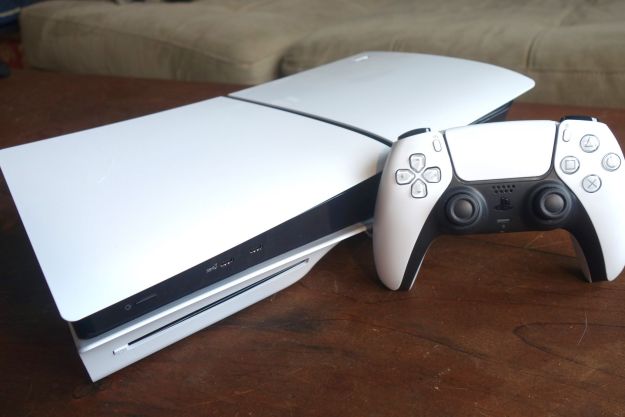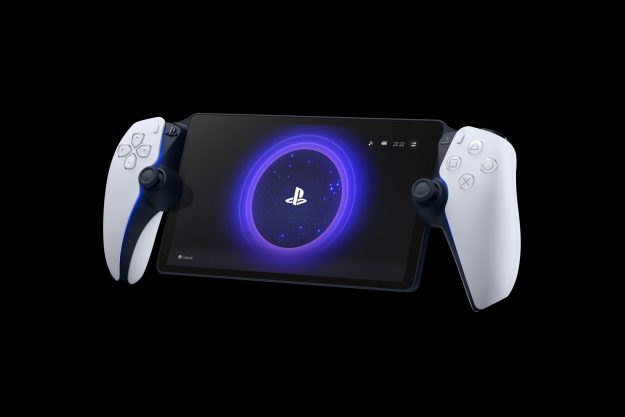
By 2019, the global active installed base for the PS4 will hit 80 million units, according to market intelligence firm Strategy Analytics. This will be 40 percent more than the 57 million units expected for the Xbox One.
“Both consoles will be near the peak of their life cycle at that time, although there will be room for further modest growth,” according to David Mercer, vice president and principal analyst of digital consumer topics for Strategy Analytics.

Mercer goes on to declare the demand for high-quality TV-based games is as strong as ever despite the threat of cloud-based and mobile gaming, and that “doom-mongers have had to eat their words once again.”
The Wii U is expected to fall short of 20 million global units by 2019, thanks in part to the desertion of casual gamers, who have been lured away by mobile games.
However, total unit sales may not be the most accurate number to pay attention to in the console wars. “The average gamer-per console is 1.77 for Xbox 360 and Xbox One combined and it is 1.73 for PS3 and PS4 combined in the U.S.,” said Peter Warman, CEO of gaming industry market research firm Newzoo in an interview with VentureBeat. “As consoles mature in terms of business models and openness for consumers and developers, it becomes increasingly important to know who and how many consumers you entertain, each with their own account and wallet.”
The PS4 outsold the Xbox One by nearly a 2-to-1 margin in January in the U.S., according to NPD.
Editors' Recommendations
- When is Stardew Valley 1.6 coming to consoles?
- All cross-platform games (PS5, Xbox Series X, PS4, Xbox One, Switch, PC)
- PlayStation Spring Sale: best deals, how long is the sale, and more
- One year later, my PlayStation VR2 is collecting dust
- 2023 gaming report card: how did PlayStation, Xbox, and Nintendo score?


